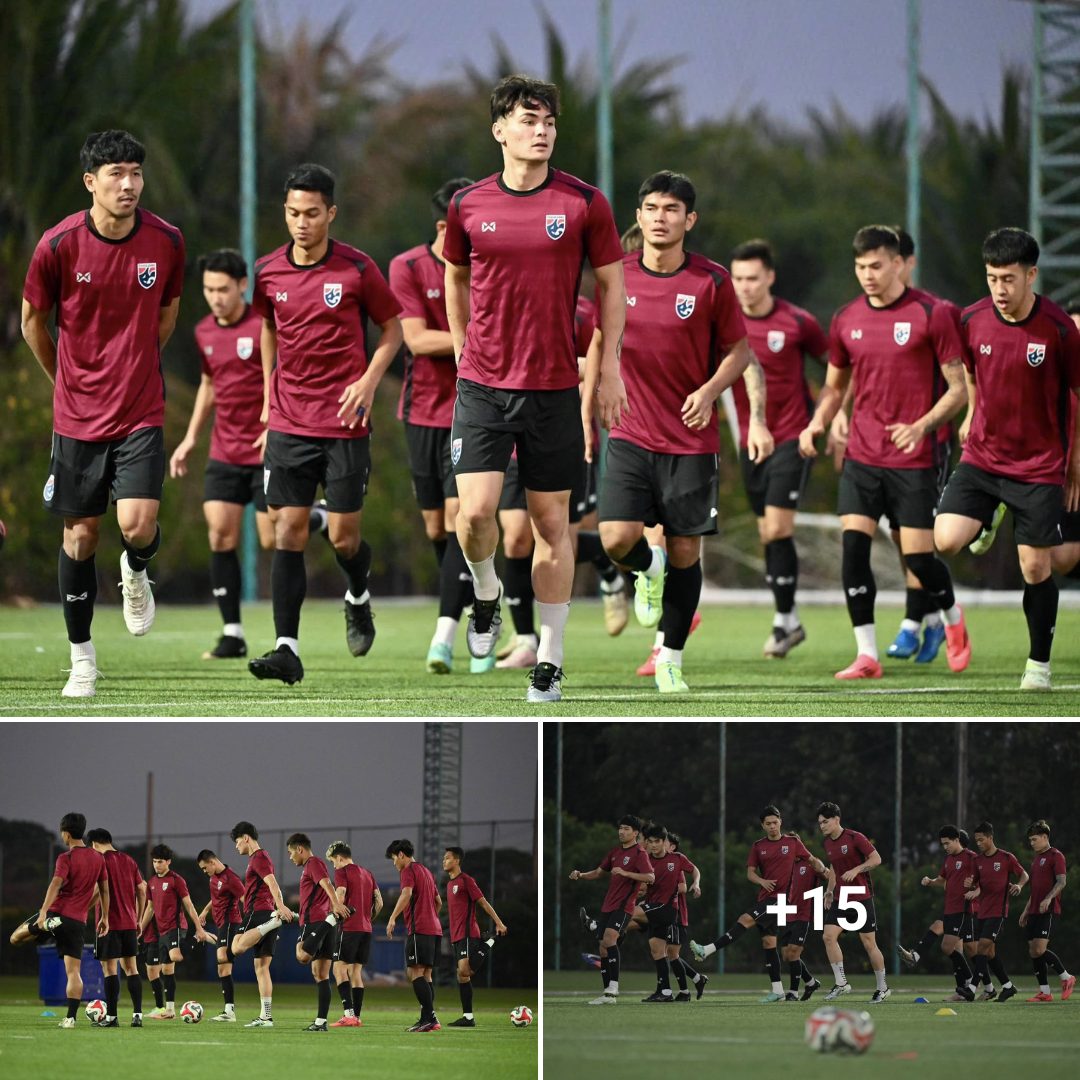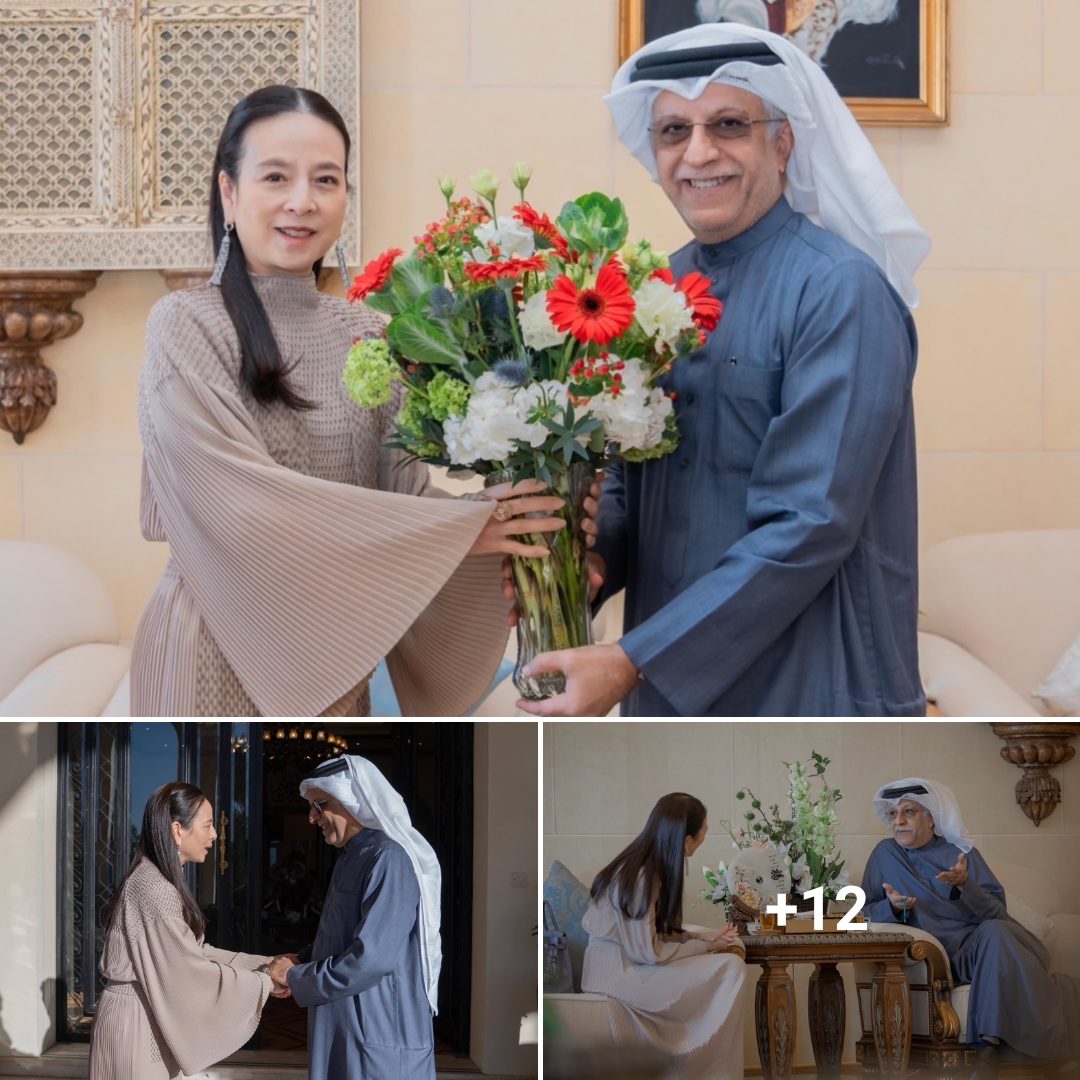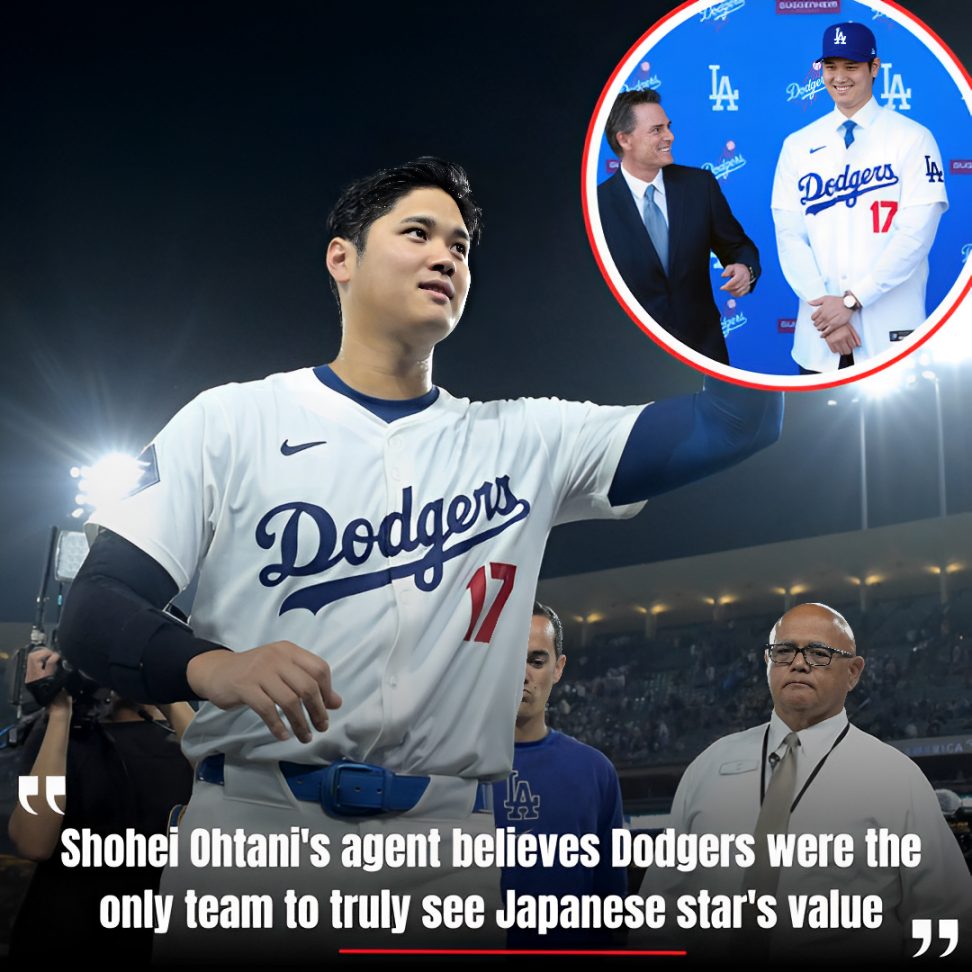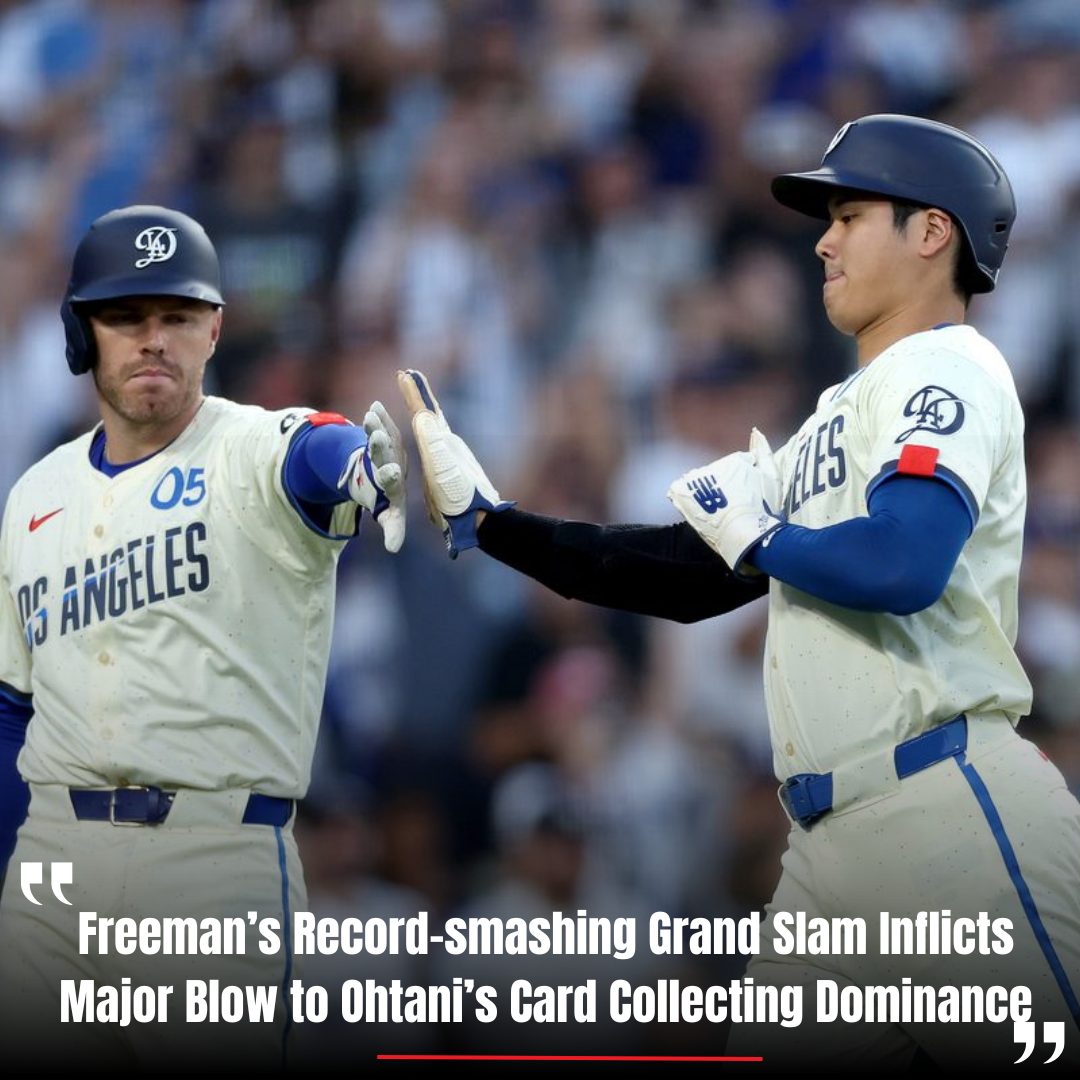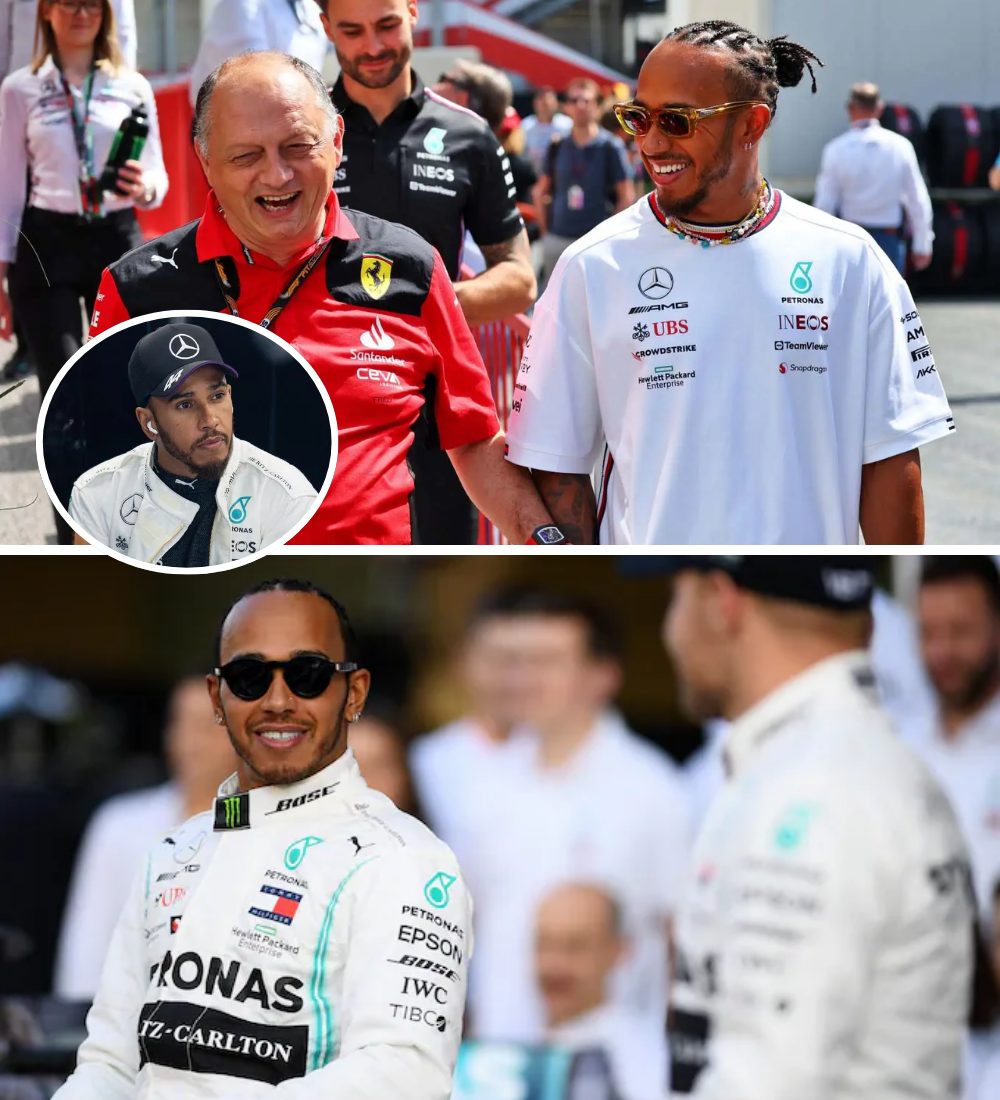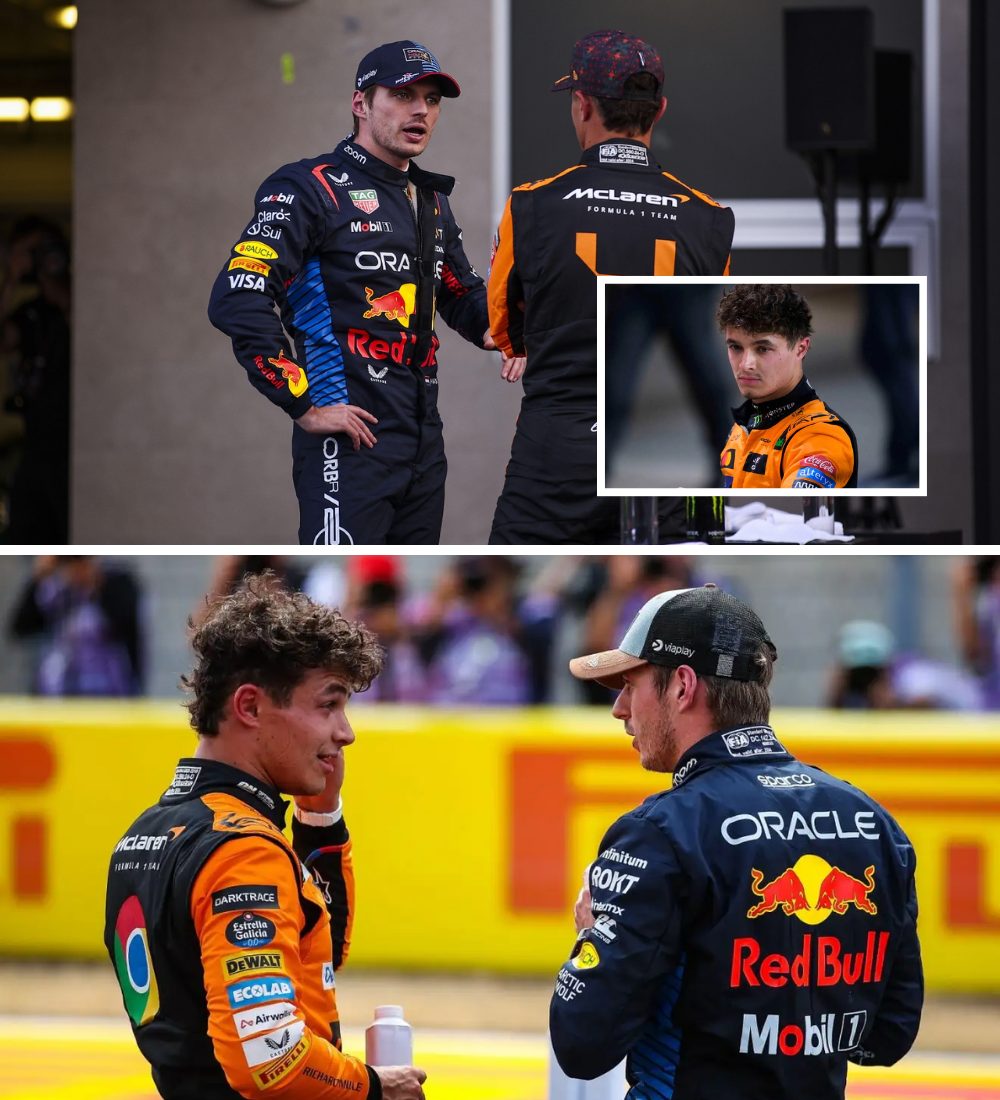Throughout the history of the NBA, there are few franchises as decorated and celebrated as the Golden State Warriors. With four NBA championships since 2015 and three before that point, the Warriors rank third in NBA history with seven NBA championships. Now, you don’t become one of the most successful franchises in NBA history without knowing how to make the right picks in the NBA Draft or make deals to better your team when you need to. However, just like every team in NBA history, the Warriors have made their share of mistakes as well.

As fans of the NBA and specific teams, we have to learn to take the good with the bad regarding management decisions, just as we covered with the Indiana Pacers. After all, they are humans and make some poor judgment calls, just like you and I. Over the years, the Warriors have been no different with the chances they have taken in the NBA Draft and the deals they have made to try and improve their roster. These decisions ultimately cost them chances at winning NBA championships and possibly even catching the likes of the Celtics and Lakers, who sit atop NBA history with 17 titles.
Again, these decisions were what was best for the franchise at the time, and hindsight is always 20/20. That doesn’t mean we can’t look at them now and break down why they turned out to be poorly made decisions years later. It is what makes the game of basketball, or any spot, beautiful.
Without any further delay, these are the worst draft and trade mistakes in Golden State Warriors’ history.
The Worst Draft Mistakes In Golden State Warriors History1962 NBA Draft
Credit: Fadeaway World
Golden State Warriors Selected: Wayne Hightower, 7th Overall Pick
Better Available Pick: John Havlicek (9th Overall Pick)
The first draft mistake for the Warriors dates back to the 1962 NBA Draft. Coming off a season in which they saw their star Wilt Chamberlain average over 50.0 PPG for the entire season while playing over 48.0 minutes per game, the team knew they needed another scorer and playmaker alongside him if they were to seriously compete for a championship.
They elected to go with 6’8’’ power forward Wayne Hightower to pair with Chamberlain in the frontcourt. The duo would not work out as Hightower played well below the standards in which it took to succeed with Wilt on the court. Hightower would last just two seasons, with the Warriors averaging 10.1 PPG and 6.0 RPG over the course of 192 games. Hightower would remain in the NBA for five seasons before transferring to the ABA, where he became an All-Star in 1969.
Just three picks after Hightower, the Boston Celtics ended up selecting one of the biggest legends in franchise history. John Havlicek would become an eight-time NBA champion with the Celtics over the course of his 16-year career. He would not only be a decorated champion but the 1974 Finals MVP, 13-time All-Star, 11x All-NBA selection, eight-time All-Defensive Team selection, and a 20.8 PPG scorer for his career. The thought of Havlicek and Chamberlain sharing the court instead of Havlicek and Bill Russell is a scary one Boston fans may want to look away from.
1978 NBA Draft
Credit: Fadeaway World
Golden State Warriors Selected: Purvis Short, 5th Overall Pick
Better Available Pick: Larry Bird (6th Overall Pick)
It would be some time before the Warriors made another mistake in the NBA Draft as they enjoyed an NBA championship run in 1975 led by Rick Barry. The first mistake they would make since losing out on Havlicek would center around another small forward who would change the game forever with his play.
In 1978, the Warriors elected to go with Purvis Short, a 6’7’’ forward/guard who was versatile and strong. Despite being labeled as a “mistake” in the NBA Draft here, he was decent with the Warriors and averaged 19.4 PPG, 4.8 RPG, and 1.2 SPG in nine seasons with the team. This included multiple seasons of over 25.0 PPG and a career-high 28.0 PPG in 1984-85. However, there was another player taking home MVPs and winning championships at the same time for another franchise that Golden State had the chance to get.
Larry Bird became an NBA icon during his career with the Boston Celtics after they selected him sixth overall in the 1978 draft. Bird would lead the Celtics to three NBA championships during the decade and win two Finals MVPs in 1984 and 1986. Bird would lead the Celtics to some of their greatest seasons in team history while taking home three straight MVPs from 1984 through 1986. As good as Short was, he was no Larry Bird, a top 10 player in NBA history and top three small forward as well. Sorry, Purvis.
1983 NBA Draft
Credit: Fadeaway World
Golden State Warriors: Russell Cross, 6th Overall Pick
Better Available Pick: Clyde Drexler (14th Overall Pick)
As we continue on with our draft mistakes in Warriors history, we get to just five seasons after the Bird debacle to find our next lapse in judgment. This time, the mistake would come in the form of another sixth-overall pick and Russell Cross. As a 6’10’’ center from Purdue, Cross was thought to be exactly what the Warriors needed to get back into contention during the 1980s. Unfortunately, Cross would play just 46 games with the Warriors before being waived by both Golden State and then the Denver Nuggets. Yes, a sixth-overall pick that played just 46 games.
Looming down in the draft a bit would be one of the game’s greatest shooting guards ever, even if 13 other teams didn’t know it yet. Clyde Drexler would make a name for himself during the 1980s and 90s with the Portland Trail Blazers as one of the NBA’s most athletic two-way players. Drexler would lead Portland to two NBA Finals in 1990 and 1992 before winning one with the Rockets in 1995. Despite being overshadowed by fellow shooting guard Michael Jordan, Drexler would be a 10-time All-Star and five-time All-NBA Team selection who went down as one of the five best shooting guards in NBA history.
1995 NBA Draft
Credit: Fadeaway World
Golden State Warriors Selected: Joe Smith, First Overall Pick
Better Available Pick: Kevin Garnett (5th Overall Pick)
After one of the worst seasons in franchise history in 1994-95, the Warriors found themselves with the first overall pick in the 1995 NBA Draft. With this pick, they wanted to make sure they were getting the player who would lead their franchise back to prominence and get them back to being NBA champions. It is safe to say they picked the wrong one.
With this first pick, the Warriors decided on Joe Smith, the highly-touted prospect out of the University of Maryland. Smith showed some promise in his first two seasons, averaging 17.0 PPG and 8.2 RPG over that time. However, injuries and rapid decline began to take over for Smith, who was traded away during his third season with the team. Smith would have a long 16-year career but not one even close to worthy of being a first-overall pick.
I do not blame the Warriors for overlooking Kevin Garnett in 1995. It was a difficult thing to do to put the fate of the franchise in the hands of a high schooler. In this case, though, there should have been an exception as Garnett went on to become one of the greatest power forwards in NBA history. Garnett commanded the game on both sides of the ball and excelled as an overall defender, scorer, playmaker, and passer. In his career, Garnett would win one NBA championship, the 2004 MVP, and the 2008 Defensive Player of the Year award as well as 15 All-Star selections, nine All-NBA Team selections, and 12 All-Defensive Team selections.
Yeah, Golden State. This one was a mistake.
1996 NBA Draft
Credit: Fadeaway World
Golden State Warriors Selected: Todd Fuller, 11th Overall Pick
Better Available Pick: Kobe Bryant (13th Overall Pick)
To be fair, the Warriors are not the only team to pass on Kobe Bryant. Heck, even the team that drafted him didn’t believe in him enough and traded him just as quickly as they acquired him. The Warriors were in need of a big man after their 1995 issue with Smith, and Todd Fuller was high up on their draft board out of NC State. Fuller was 6’11″ and showed good instincts on both sides of the ball. Unfortunately, his career would last just two seasons with the Warriors and five seasons overall to the tune of 3.7 PPG and 3.0 RPG.
Then, there’s Kobe Bryant. There was plenty of talent for the high schooler coming out of Lower Merion, but of course, many had reservations about a seemingly cocky 18-year-old kid taking over their franchise. While the Hornets decided to trade him, the Lakers gained their franchise’s greatest player, who would go down as one of the best to ever play the game. With unlimited motivation and determination, Kobe would win five NBA championships with the Lakers in his 20-year career as well as two Finals MVP awards and an MVP award in 2008.
Bryant shouldered the weight of losses and triumphs in victory with grace and style over the course of 20 seasons. He became the Lakers’ all-time leading scorer and their most influential player to ever wear the purple and gold. Could you imagine how much different basketball would be if it were the Warriors that took that chance back in 1996?
The Worst Trades In Golden State Warriors History1965 Trade Between The San Francisco Warriors And Philadelphia 76ers
Credit: Fadeaway World
San Francisco Warriors Receive: Connie Dierking, Paul Neumann, Lee Shafer, Cash
Philadelphia 76ers Receive: Wilt Chamberlain
Yes, this really happened. During the 1960s, the Warriors made the move from Philadelphia to San Francisco using the play of their franchise star Wilt Chamberlain as the means to make the move. Chamberlain was the best player in the NBA at this time, accomplishing things no player has done before or since. Although there was no NBA championship for the Warriors during his time there, Wilt was outstanding and gave them the best possible chance they had at the time to win.
Unfortunately, the 50.4 PPG scorer became a bit expensive, and the Warriors had run into some financial issues pertaining to their move from Philadelphia as well. With one swift move, the Warriors traded Wilt back home to Philadelphia and the 76ers. Even with money issues and even if Wilt had to go, the package the team got in return was God-awful.
Connie Dierking would retire before the start of the 1966 season, never playing in a game for the Warriors after the trade. Lee Shafer would do the same thing, leaving them with Neumann as their biggest acquisition in the deal. Neumann would last two and a half seasons, averaging 13.5 PPG before retiring following the 1967 season. Meanwhile, Chamberlain would win two NBA championships with the 76ers and Lakers to finish his career. Quite the fumble on the Warriors’ part.
1980 Trade Between The Golden State Warriors And Boston Celtics
Credit: Fadeaway World
Golden State Warriors Receive: Two 1980 First-Round Draft Picks
Boston Celtics Receive: Robert Parish, 1980 First-Round Draft Pick
This deal changed NBA history forever. During the 1980 offseason, the Celtics would send their number-one pick and number-13 pick in the NBA Draft to the Warriors for Robert Parish and Golden State’s third overall pick. It wasn’t the picks themselves that made the difference but what each team did that would tip the scales in Boston’s favor and make this one of the most lopsided trades ever.
With their two selections, the Warriors selected Joe Barry Carroll and Rickey Brown in the 1980 NBA Draft. Now, Joe Barry Carroll would have some decent times in Golden State which included four seasons of over 20.0 PPG and a trip to the All-Star game in 1987. He averaged 20.4 PPG and 8.3 RPG in seven seasons with the Warriors. As for Brown, he didn’t amount to much in the NBA. In two years with Golden State, he averaged just 5.2 PPG and 4.0 RPG and would be out of the NBA by 1985.
What the Celtics did with their pick and Parish would be monumental. With the third pick, the Celtics took Kevin McHale out of Minnesota. McHale would be a vital piece both off the bench and as a starter in helping Boston win three NBA championships during the 80s. Parish was as well with nine All-Star selections in Boston and 16.5 PPG and 10.0 RPG over 14 seasons. McHale and Parish added to the misery from the 1978 Draft when the Warriors passed on Larry Bird. Just think, it could have been the Warriors with three championships during the 80s and not Boston had they played their cards right.
2007 Trade Between The Golden State Warriors And Charlotte Bobcats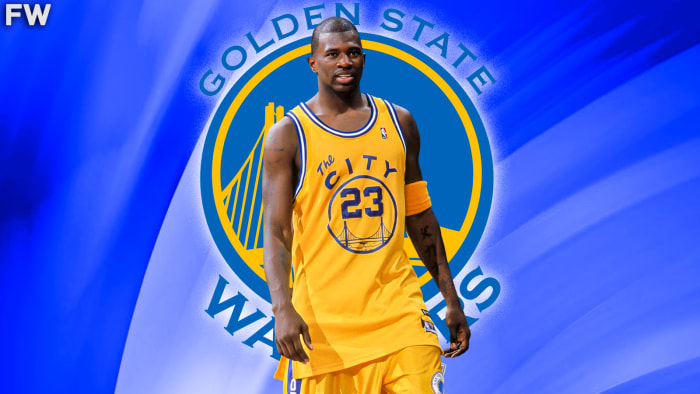
Credit: Fadeaway World
Golden State Warriors Receive: Brandan Wright
Charlotte Bobcats Receive: Jason Richardson, Jemareo Davidson
The next two deals that went bad for Golden State were not nearly as franchise-altering as the other two, but they hurt nonetheless. In 2007, the Warriors had just done the unthinkable by taking down the first-seeded Dallas Mavericks in the NBA playoffs as the eighth seed. One of the main reasons they were able to pull that off was the play of Jason Richardson on both sides of the ball. Unfortunately for him, they didn’t value it enough.
Richardson was a star. With great athleticism and s𝓀𝒾𝓁𝓁, he averaged 16.0 PPG, 5.1 RPG, and 3.4 APG in 2007 with the Warriors before being traded with Jemareo Davidson for Brandan Wright. Over the next four years, Richardson was even better than he was, with the Warriors averaging 17.5 PPG, 4.8 RPG, and 1.1 SPG for the Bobcats, Suns, and Magic. He was definitely a piece that could have stayed with the Warriors and helped them get over the championship hump as a franchise, but that was not meant to be.
The Warriors took their chances with Brandan Wright, the eighth overall pick of the Bobcats in the 2007 NBA Draft. Wright showed signs of improvement over his first two seasons with the team until a shoulder injury leveled his plans, and he missed the entire 2010 season. Wright would play 12 years for seven different teams, never becoming more than a below-average role player. Wright averaged 7.0 PPG and 3.6 RPG for his career in the NBA. This was definitely a bad loss for the Warriors on this deal.
2012 Trade Between The Golden State Warriors And San Antonio Spurs
Credit: Fadeaway World
Golden State Warriors: Richard Jefferson, T.J. Ford, 2012 First-Round Pick
San Antonio Spurs Receive: Stephen Jackson
This is one of those trades that aren’t really about the names involved but more about the impact on the team financially. Stephen Jackson was not a franchise superstar that led teams to NBA championships, but he played his role perfectly and helped teams win for big stretches of time during his career. Richard Jefferson did the same thing much earlier in his career as well with both the Spurs and Nets.
The trade for Jefferson was bad for two reasons. The money involved with his contract left the Warriors zero room to operate in free agency. Jefferson made nearly $11 million in 2013, which was enough to limit Golden State completely. To add insult to injury, Jefferson would play 78 games for the Warriors over one and a half seasons averaging just 4.8 PPG and 2.1 RPG.
Luckily, all was rectified for Golden State when Bob Meyers offloaded Jefferson’s contract in the deal that landed them Andre Iguodala, and we all know how that worked out.
